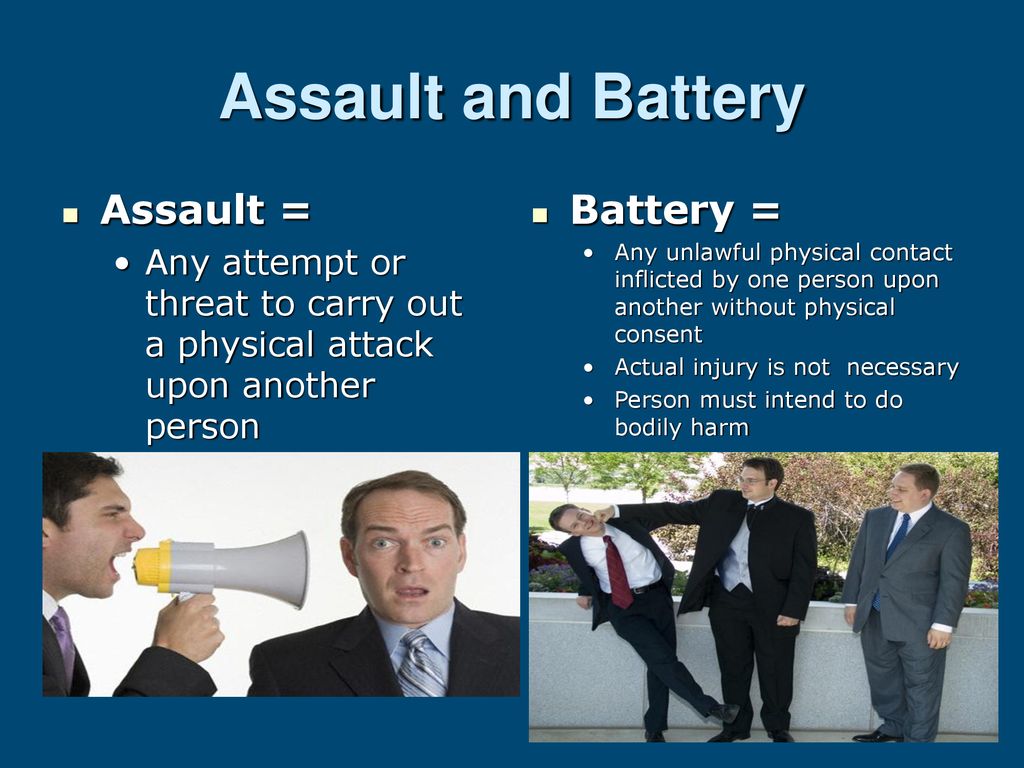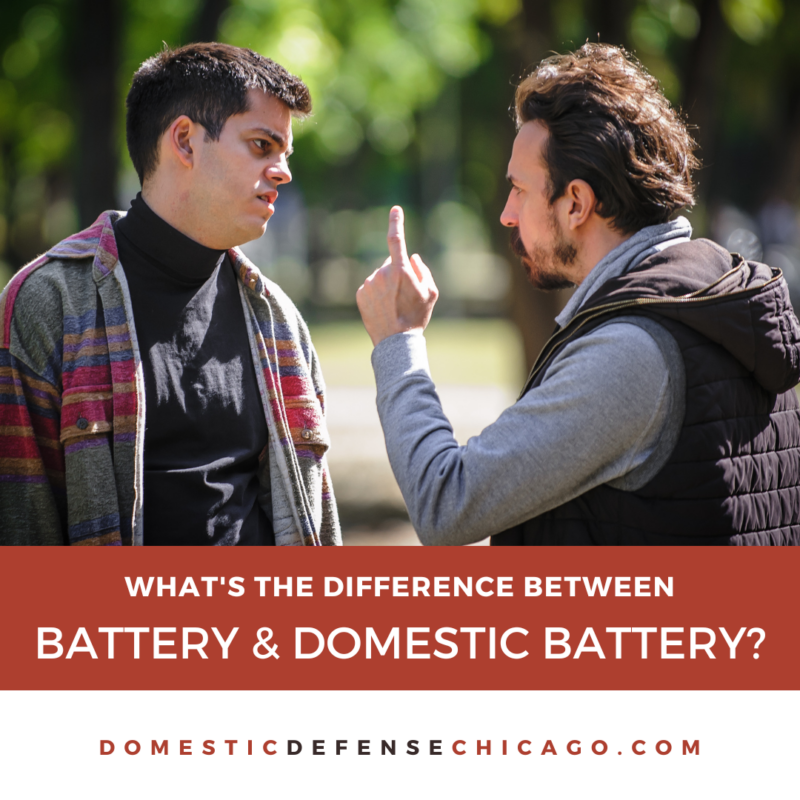Legal Definition and Scope

Domestic battery is a serious crime that involves the intentional use of force against another person, often in a domestic setting. It is a complex legal concept with varying definitions and elements depending on the jurisdiction.
Legal Definitions
Domestic battery laws are designed to protect individuals from physical harm within a domestic relationship. The definition of domestic battery varies from state to state, but generally involves the following elements:
- Intentional Act: The act must be intentional and not accidental or unintentional.
- Use of Force: The act must involve the use of force, which can include physical contact, such as hitting, punching, or kicking, or it can be indirect, such as using an object to cause harm.
- Domestic Relationship: The victim and the perpetrator must be in a domestic relationship, which can include spouses, former spouses, dating partners, cohabitants, family members, or other individuals who have a close personal relationship.
Elements of Domestic Battery
To establish a charge of domestic battery, the prosecution must prove beyond a reasonable doubt that the defendant:
- Intentionally caused physical harm to the victim.
- The victim was in a domestic relationship with the defendant.
- The act occurred within the state’s jurisdiction.
Types of Domestic Battery
Domestic battery can manifest in various forms, including:
- Physical Assault: This involves direct physical contact, such as hitting, punching, kicking, or shoving.
- Sexual Assault: This involves any unwanted sexual contact, including rape, sexual abuse, and sexual coercion.
- Emotional Abuse: This involves non-physical forms of abuse, such as verbal abuse, threats, intimidation, and isolation.
Comparison with Related Offenses
Domestic battery is often compared with other offenses, such as assault, battery, and harassment. While they share some similarities, there are key distinctions:
- Assault: Assault is the act of intentionally putting another person in fear of imminent harm. It does not require physical contact.
- Battery: Battery is the act of intentionally causing physical harm to another person. It requires physical contact.
- Harassment: Harassment involves repeated and unwanted contact or communication that is intended to cause fear, alarm, or distress. It may or may not involve physical contact.
Domestic battery is a distinct offense that is characterized by the presence of a domestic relationship between the victim and the perpetrator. The law recognizes the unique vulnerabilities and complexities of domestic relationships, and therefore imposes stricter penalties for domestic battery compared to other related offenses.
Consequences of Domestic Battery

Domestic battery is a serious offense with significant consequences that can have a lasting impact on the lives of both the victim and the perpetrator. A conviction for domestic battery can lead to a range of legal penalties, including fines, imprisonment, and protective orders. Additionally, it can also have severe repercussions on an individual’s employment, housing, and immigration status. This section will explore the various consequences of domestic battery and the resources available to victims.
Legal Penalties for Domestic Battery
A domestic battery conviction can result in various legal penalties, including fines, imprisonment, and protective orders. The severity of the penalties typically depends on factors such as the severity of the offense, the perpetrator’s prior criminal history, and the jurisdiction in which the crime occurred.
- Fines: Fines for domestic battery can range from a few hundred dollars to thousands of dollars, depending on the circumstances of the case. For example, a first-time offense with minor injuries might result in a smaller fine, while a repeat offense involving serious injuries could result in a significantly higher fine.
- Imprisonment: Imprisonment for domestic battery can range from a few days to several years. In some cases, a domestic battery conviction can result in a mandatory minimum sentence. For example, in some states, a domestic battery conviction involving a weapon could result in a mandatory minimum sentence of one year in prison.
- Protective Orders: A protective order is a court order that prohibits a perpetrator from contacting or coming near a victim. Protective orders can be issued in both criminal and civil cases. They are often used to protect victims from further abuse and to ensure their safety.
Impact on Employment, Housing, and Immigration Status
A domestic battery conviction can have a significant impact on an individual’s life, including their employment, housing, and immigration status.
- Employment: A domestic battery conviction can make it difficult to find and keep a job. Some employers may be reluctant to hire individuals with a criminal record, and others may have policies that prohibit hiring individuals convicted of certain offenses, such as domestic violence.
- Housing: A domestic battery conviction can also make it difficult to find and keep housing. Some landlords may be reluctant to rent to individuals with a criminal record, and others may have policies that prohibit renting to individuals convicted of certain offenses.
- Immigration Status: For individuals who are not U.S. citizens, a domestic battery conviction can have serious consequences for their immigration status. A conviction for domestic violence can make an individual ineligible for a green card or citizenship, and it can also lead to deportation.
Resources Available to Victims of Domestic Battery, Domestic battery meaning
There are many resources available to victims of domestic battery. These resources can provide victims with support, safety, and legal assistance.
- Shelters: Domestic violence shelters provide victims with a safe place to stay, as well as food, clothing, and other necessities. Shelters also offer counseling and support services to help victims cope with the trauma of domestic violence.
- Counseling Services: Counseling services can help victims of domestic battery process the trauma of the abuse and develop coping mechanisms. Counseling can also help victims to understand the cycle of domestic violence and to make plans for their safety.
- Legal Aid: Legal aid organizations can provide victims of domestic battery with legal advice and representation. Legal aid organizations can help victims to obtain protective orders, file for divorce, and pursue criminal charges against their abusers.
Potential Consequences of Domestic Battery
The potential consequences of domestic battery can vary widely depending on several factors, including the severity of the offense, the perpetrator’s prior criminal history, and the jurisdiction in which the crime occurred. The following table provides a general overview of the potential consequences of domestic battery based on these factors.
| Factor | Potential Consequences |
|---|---|
| Severity of the Offense | Minor injuries: Fines, probation, community service. Serious injuries: Imprisonment, mandatory minimum sentences, protective orders. |
| Prior Criminal History | No prior criminal history: Lesser penalties. Prior criminal history: More severe penalties, including enhanced sentences. |
| Jurisdiction | State laws vary significantly, resulting in a wide range of potential consequences. |
Prevention and Intervention: Domestic Battery Meaning

Preventing domestic battery and supporting victims is crucial to creating safe and healthy communities. This involves a multifaceted approach encompassing individual, community, and systemic interventions.
Promoting Healthy Relationships
Building healthy relationships is fundamental to preventing domestic battery. This involves teaching individuals about healthy communication, conflict resolution, and respect.
- Relationship Education Programs: These programs aim to equip individuals with the skills and knowledge needed to build healthy and respectful relationships. They often cover topics such as communication, conflict resolution, boundaries, and consent.
- Bystander Intervention Training: Bystander intervention programs empower individuals to recognize and intervene in situations where domestic violence may be occurring. They provide strategies for safely intervening and seeking help for victims.
- Media Campaigns: Public awareness campaigns can raise awareness about domestic violence and promote healthy relationship norms. These campaigns often use powerful imagery and stories to engage the public and encourage positive change.
The Role of Law Enforcement and the Criminal Justice System
Law enforcement and the criminal justice system play a vital role in responding to domestic battery incidents and ensuring the safety of victims.
- Prompt Response and Investigation: Law enforcement agencies must respond promptly to domestic battery calls and conduct thorough investigations to gather evidence and hold perpetrators accountable.
- Victim Support and Protection: Victims of domestic battery should receive support and protection from law enforcement. This includes providing information about available resources, ensuring their safety, and assisting with obtaining protective orders.
- Prosecution and Sentencing: The criminal justice system should vigorously prosecute perpetrators of domestic battery and impose appropriate sentences to deter future violence.
Community Programs and Organizations
A network of community programs and organizations offers support and intervention services to victims of domestic battery.
- Domestic Violence Shelters: These shelters provide safe and confidential housing, counseling, and support services to victims fleeing domestic violence. They offer a temporary haven for victims to rebuild their lives and escape abusive situations.
- Legal Aid Organizations: Legal aid organizations provide legal assistance to victims of domestic violence, including help with obtaining protective orders, filing for divorce, and navigating the legal system.
- Counseling and Therapy Services: Mental health professionals offer individual and group therapy to help victims process trauma, cope with the aftermath of violence, and develop coping mechanisms.
Prevention and Intervention Strategies
| Strategy | Target Audience | Potential Effectiveness |
|---|---|---|
| Relationship Education Programs | Youth, young adults, couples | High: By equipping individuals with skills for healthy relationships, these programs can reduce the risk of domestic violence. |
| Bystander Intervention Training | General public, community members | Moderate: Empowering individuals to intervene safely can help prevent violence and support victims. |
| Media Campaigns | General public | Moderate: Raising awareness and changing social norms can contribute to a reduction in domestic violence. |
| Law Enforcement Response and Investigation | Perpetrators, victims | High: Prompt response, thorough investigations, and holding perpetrators accountable deter future violence and ensure victim safety. |
| Victim Support and Protection | Victims | High: Providing support and protection can help victims escape violence and rebuild their lives. |
| Prosecution and Sentencing | Perpetrators | High: Vigorous prosecution and appropriate sentencing deter future violence and ensure accountability. |
| Domestic Violence Shelters | Victims | High: Shelters provide safe haven, support, and resources for victims to escape violence and rebuild their lives. |
| Legal Aid Organizations | Victims | High: Legal aid organizations provide legal assistance to victims, ensuring their rights are protected. |
| Counseling and Therapy Services | Victims | High: Counseling and therapy help victims process trauma, cope with the aftermath of violence, and develop coping mechanisms. |
Domestic battery meaning – Domestic battery, a term often associated with physical violence, encompasses a spectrum of actions. While the concept of physical harm is central, it’s crucial to remember that psychological and emotional abuse can also be considered forms of domestic battery. Skai Jackson’s journey to fame, documented in this video , serves as a reminder that even those seemingly shielded from harm can be victims of domestic abuse.
The definition of domestic battery is broad, encompassing a range of behaviors that can leave lasting scars on individuals and families.
Domestic battery, a term often thrown around casually, holds a chilling reality. It’s not just a fight, a heated argument, or a moment of anger. It’s a deliberate act of violence, a violation of trust, and a crime with far-reaching consequences.
Understanding the legal definition of domestic battery, and its impact on victims, is crucial. For a comprehensive explanation, visit domestic battery meaning , where you’ll find information about the different forms of domestic battery, the legal ramifications, and the resources available to those affected.